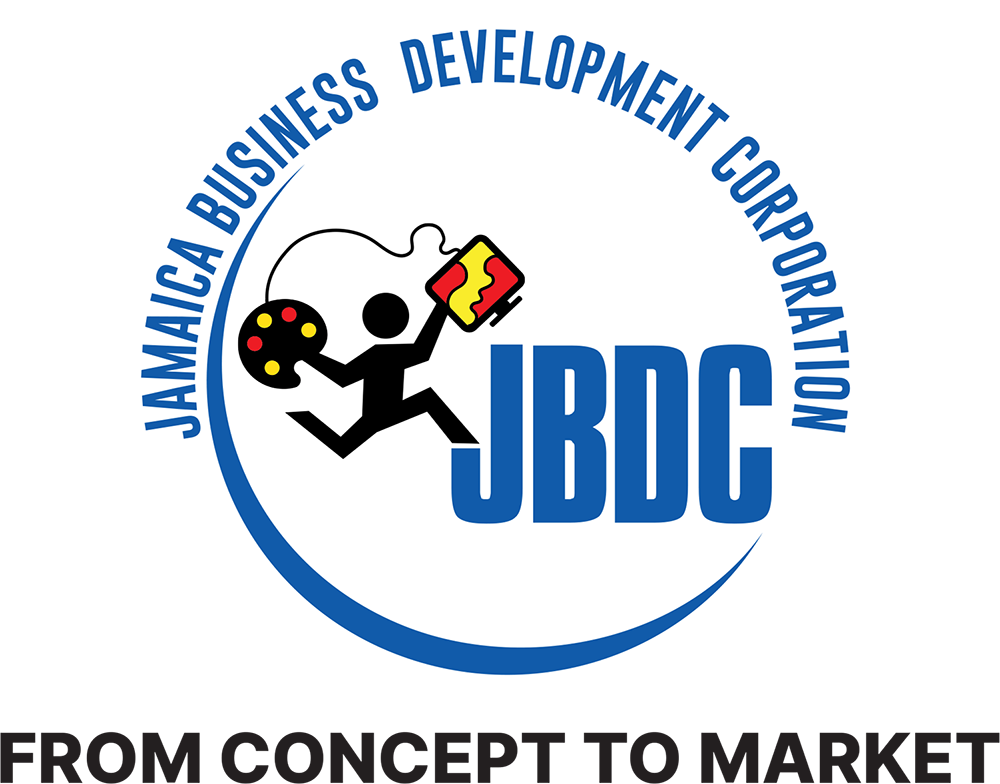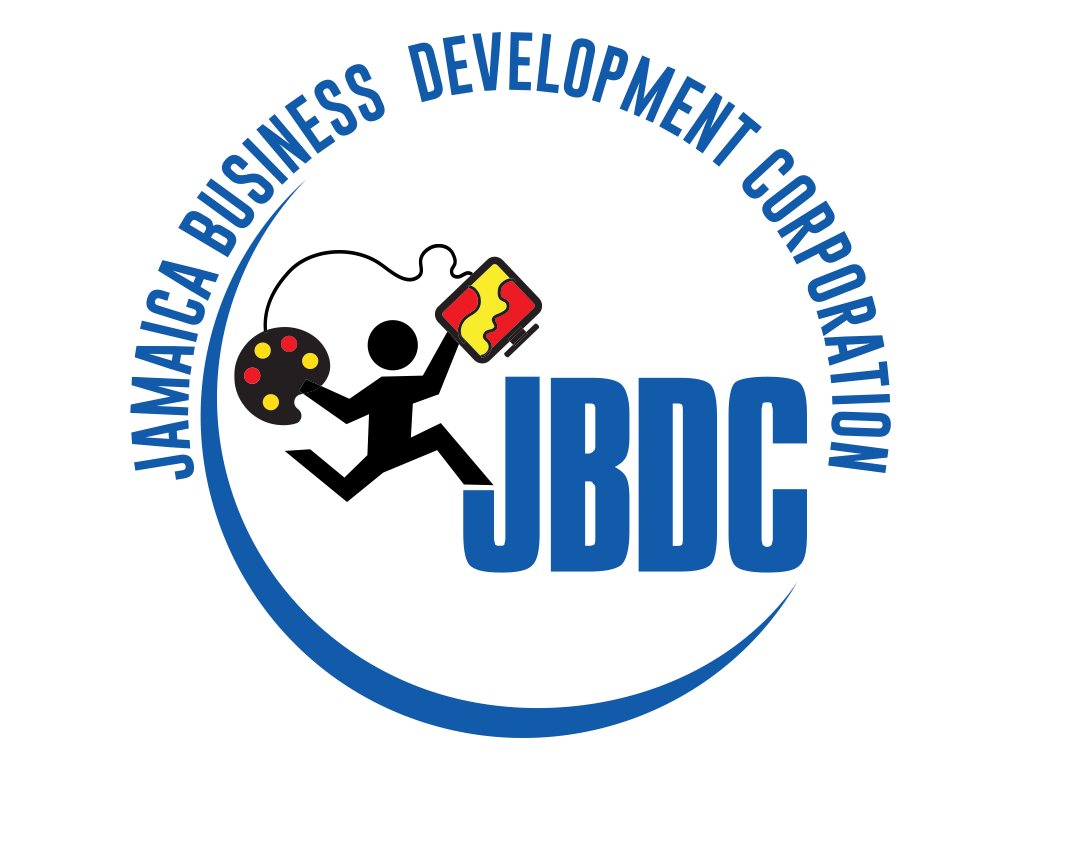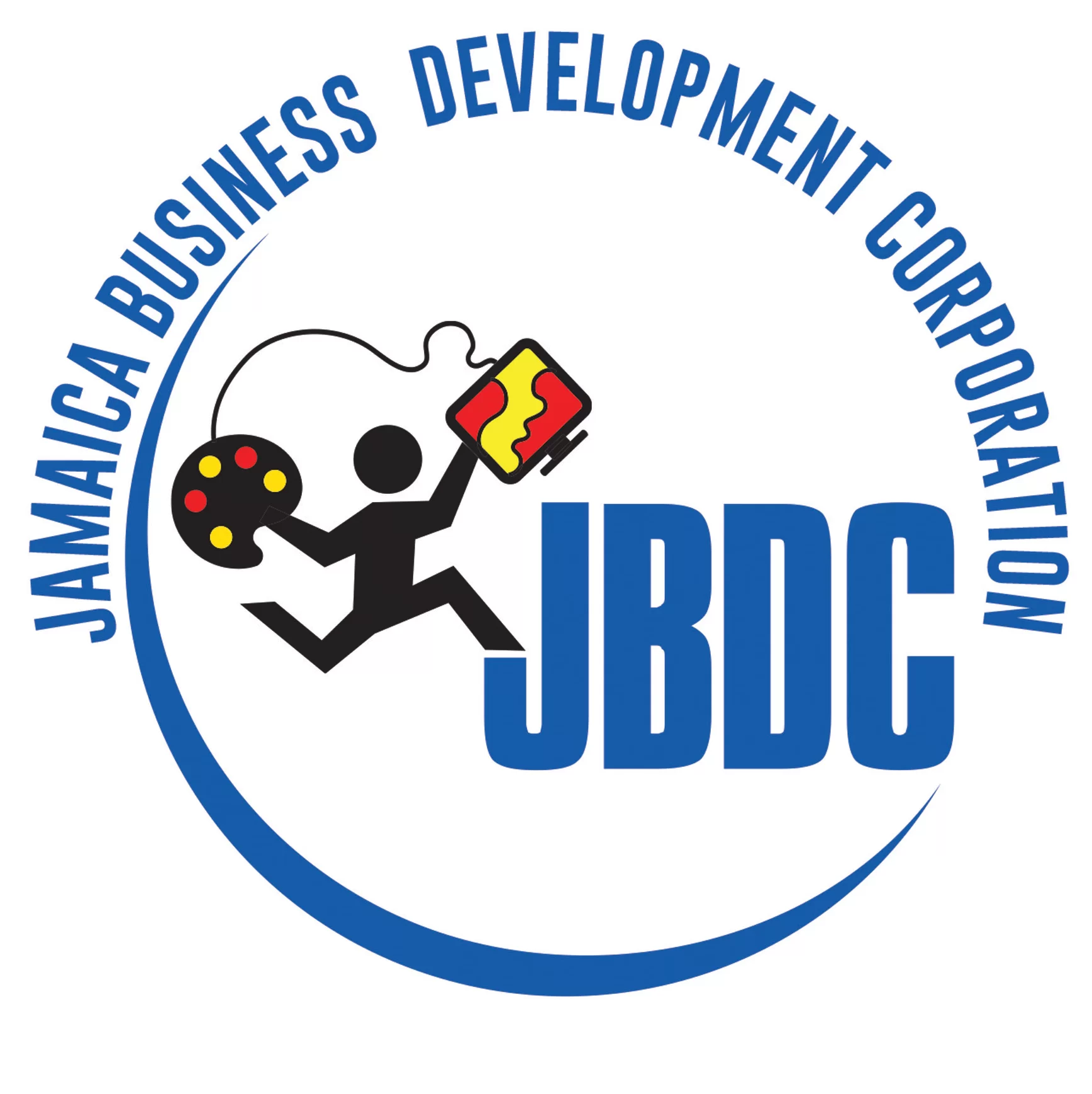JBDC readies new incubator to tap billiondollar essential oils industry
With billions to be earned from the global essential oils market, the Jamaica Business Development Corporation (JBDC) through the establishment of its new incubator project is posturing to double down on untapped reserves in the local industry.
Harold Davis, deputy CEO of the JBDC, speaking to the potential of the essential oil industry, those particularly used in therapeutic and cosmeceuticals, said that over US$1 billion was up for grabs from this thriving market. He said that given there was proper and sustainable development, this area could help to diversify and drive significant growth for the local manufacturing sector.
“Our assessment shows that over 90 per cent of the oils used across several industries including food, pharmaceutical, cosmeceutical, nutraceutical are mainly imported. We are leaving money on the table! Jamaica, in terms of where it is situated and based on the wealth of different products it can produce, can take a bite as high as US$1 billion of that market, but only if we are serious and get ourselves together,” he said during the first staging of a JBDC business dialogue forum held virtually on Monday.
The JBDC, in leading the charge to prepare for the boom expected to come from creating an oil-rich industry locally, has moved to craft an essential oil incubator project, through which it is working to establish an organised and viable industry. With start-up funding of approximately $50 million from government already invested to retrofit the first incubator space, the JDBC is hoping to jump start the globally powerful industry as it seeks to develop profitable enterprises in essential oil production. The first incubator, being rolled out via a 2800-square-feet facility, is expected to come on stream by April and is being housed at the JBDC’s Marcus Garvey Drive facility with plans to bring others on stream in the near future.
“In the next year we will be looking to add two additional spaces. Government has made an investment so we have to demonstrate that it is a viable business,” CEO of the JBDC Valerie Veira told the Business Observer in a post-interview.
Aimed at stimulating entrepreneurship in the sector, the facilities are to be used as shared incubator spaces, particularly among small and medium-sized enterprises (SMEs) as they work to provide alternatives for import substitution in raw materials and allow for greater export promotion. Through the start-up production of oil extracts from internationally recognised local products such as ginger, turmeric, peppermint, lemon grass, moringa and some others to be added later such as neem, the incubator aims not only to process these products but to also sell them as intermediary and finished products.
“We’re going to focus on two technologies for the extraction which will be mechanical and cold press depending on the oil and steam distillation as a facility for producing hydro salts. The facility will also house our own quality control lab to manage the specific parameters of the oils we’ll produce,” said David Harrison, director of JBDC’s Incubator and Resource Centre.
Based on some plans for partnerships with agencies such as the Scientific Research Council (SRC) and the Rural Agricultural Development Authority (RADA) the project is to collaborate with farmers and scientists with an aim to develop further along the value chain especially at a time when industries built around cosmetology and aromatherapy accounts for big business.
State minister in the ministry of industry, investment and commerce Dr Norman Dunn also speaking to the viability of this industry agreed that exploiting some untapped natural reserves could open up new opportunities and generate wealth for the country in the development of hair, skin and fragrance products. Referring to statistics which up to the last two years estimated the global oil market as a US$18.6 billion industry, of which further growth of some 7.4 per cent in revenues was expected up to 2028, the minister noted it as an opportunity that should not be missed. Citing also the high demand for products such as the black castor oil, he said that there were many other raw materials available locally which could help to boost earning potentials within the manufacturing industry.
“The essential oil incubator project being established by the JBDC will support critical development objectives including import substitution, rural development and employment generation,” he further stated.
Source: Jamaica Observer






